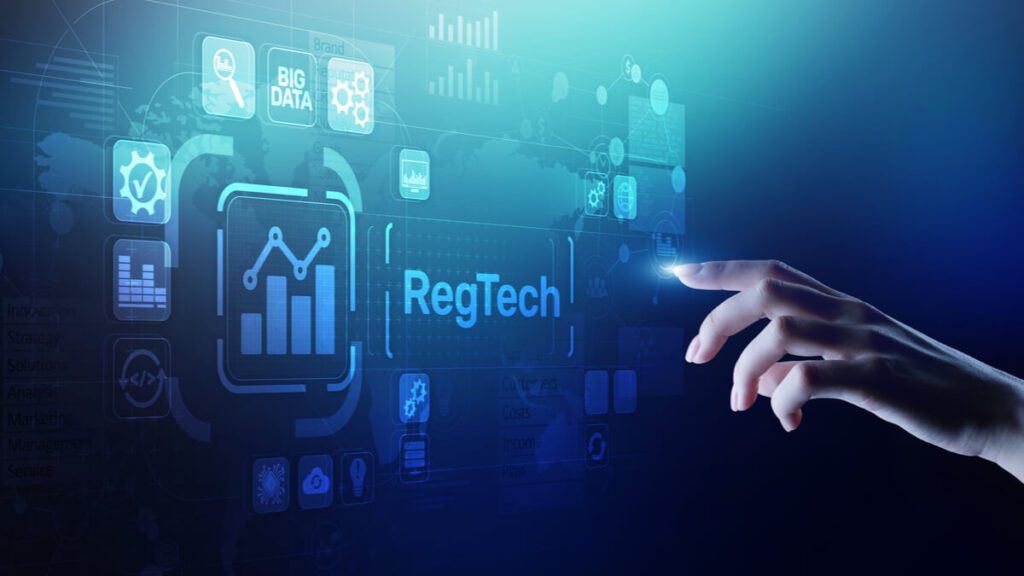
The pace of digitization is blowing full steam ahead around the world, bursting through the gates of the pandemic with no sign of slowing down. The technology that helps regulate these complex processes which underpin our high-tech world, known as RegTech, or regulation technology, must evolve with it.
RegTech is simply the use of technology within regulatory processes to simplify monitoring, reporting, and compliance within numerous industries.
RegTech is often mistakes for operating purely within Fintech; while the bulk of its applications are in the financial sector, RegTech is equally useful within every regulated entity, with some emphasis within the consumer goods industry.
RegTech can be split into around seven categories according to an interview with Joanne Horgan, Chief Innovation Officer at VIZOR, an Irish software company that creates regulatory software for tax authorities, central banks, insurance regulators, and the like.
These categories are reporting, anti-money laundering, compliance, Governance, risk management, management and control, and transaction monitoring.
The use of RegTech facilities the legal and compliance processes. This would allow business owners to focus their time more on running their business rather than navigating a thousand page long legal documentation to know how to proceed.
This emerging tech promises to greatly increase the productivity of executives who can now know what is and isn’t allowed at a short notice and help with macro-decision making and preemptive.
Rabobank, a Dutch multinational banking and financial services company has had recent success in this area. Using a mixture of blockchain and other technologies, they allowed clients to manage public debt securities trading instantly rather than waiting for two business days to settle.
With the increased adoption of digital identities and the digitization of many government and non-government autocratic processes has only acted as a catalyst for RegTech to flourish.
Even today people can pay for parking tickets, buy groceries, and manage finances with a screen swipe. As such, it seems inevitable that both regulators and the regulated entities embrace the same convenience in their daily and long term legal and financial dealings.